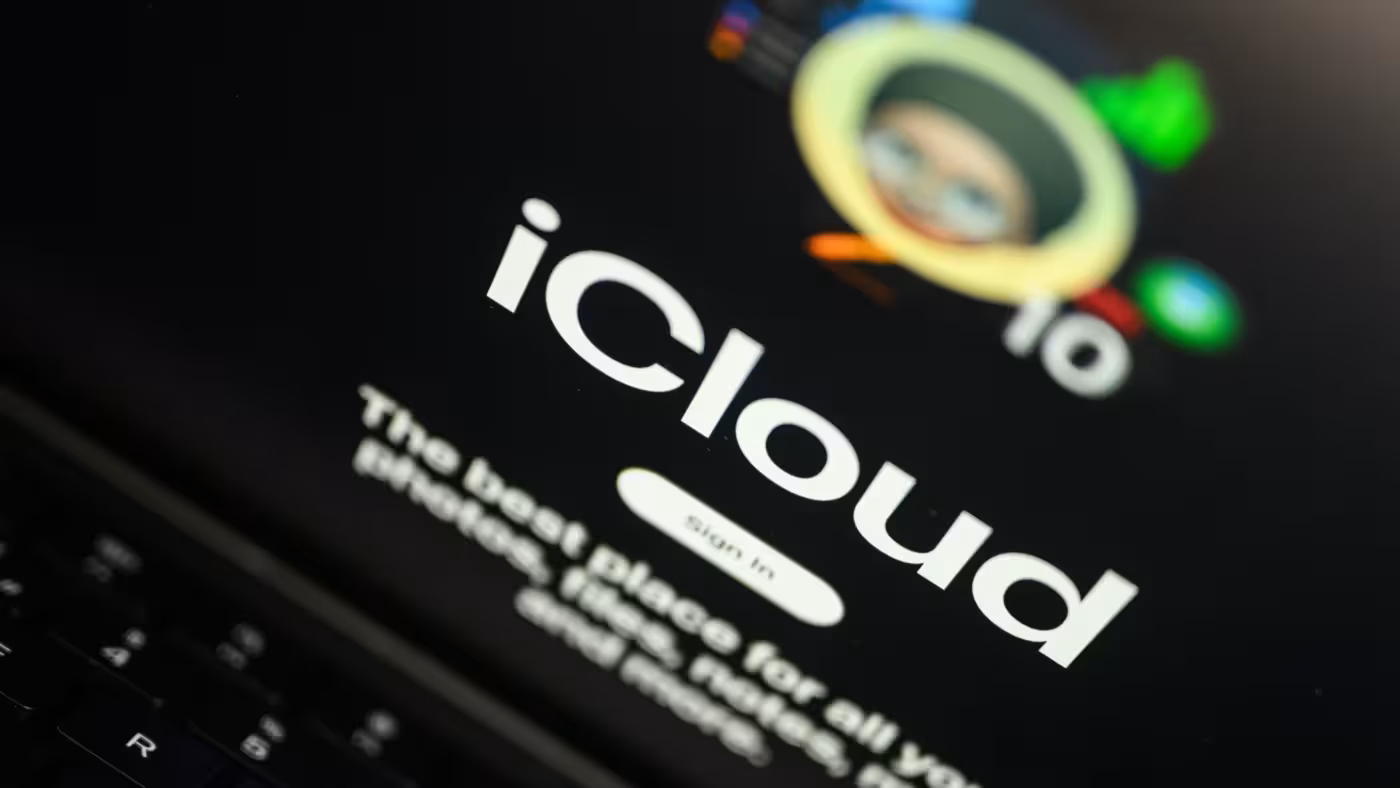Apple’s Privacy Commitment and UK Security Demands
The United Kingdom has introduced a new directive granting authorities the ability to demand access to personal data from Apple’s British users under specific conditions tied to national security. This measure has reignited a global debate over digital privacy, data sovereignty, and the balance between user rights and governmental oversight. While the government insists that access requests will require proper warrants, Apple continues to emphasize that end-to-end encryption and uncompromised security are fundamental to its business model. The dispute escalated after Apple withdrew Advanced Data Protection (ADP) features from the UK market. This highlighted the tension between maintaining user privacy and complying with government-mandated access. For consumers seeking clarity on Apple’s global security policies, resources like Apple’s official privacy page provide comprehensive updates on how the company protects data.
Financial Implications and the Cost of Data Security
The standoff between Apple and the UK government does not only involve legal battles but also financial implications. Apple invests billions of dollars annually in encryption technology, cloud infrastructure, and cybersecurity innovation. The removal of ADP in the UK could affect consumer trust. It may potentially influence device sales, given the increasing number of users prioritizing privacy. Industry analysts warn that regulatory demands may force global tech companies to spend even more on compliance, legal defenses, and modified infrastructure to accommodate regional data laws. The economic weight of privacy concerns extends beyond Apple, impacting the entire tech ecosystem. It also influences investor sentiment. For insights into broader tech stock performance, platforms such as Yahoo Finance remain valuable for tracking Apple’s market movements and how investor confidence shifts amid legal disputes.
Broader Impact on Global Tech and User Rights
The UK order could set a precedent for other governments, potentially prompting similar demands directed at other major tech companies. Civil liberties groups argue that undermining encryption could increase risks of cybercrime, hacking, and identity theft. This is especially concerning when personal data is forced to be accessible by design.
Apple maintains that it has never created backdoors to its products and will not do so under any circumstance. This reinforces its position as a leader in privacy-first technology. Consumers are becoming more aware of how government policies intersect with their personal data. This awareness influences purchasing decisions, digital behavior, and trust in cloud services.
Users looking to better understand online risks can explore resources like Privacy International. They can also review cyber defense strategies published by the UK National Cyber Security Centre. In the long term, the outcome of Apple’s legal challenge could redefine global standards for privacy, security, and the obligations of tech companies in safeguarding user information.







